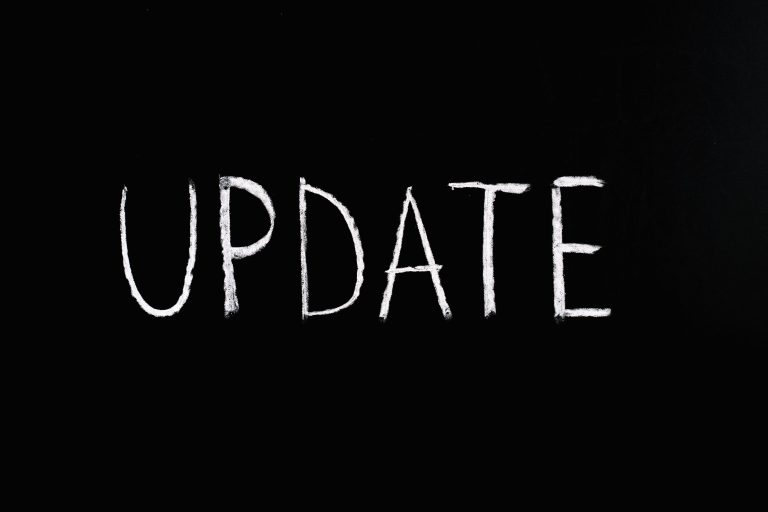Protecting your estate from taxation when you die can be complex. But reducing your inheritance tax liability isn’t impossible, and there are steps that you can take to mitigate the risk.
Inheritance tax is a tax on the estate of someone who has died. Payment is arranged and made by the executor of the estate. That person or persons would have been named during the estate planning process and named in the deceased person’s will.
It is paid at a rate of 40% on the value of an estate above the IHT threshold, currently £325,000.
However, if you give your home away to your children including stepchildren, adopted, fostered, or grandchildren, your IHT threshold could increase to £500,000.
There’s more information about this here
2 reasons why you wouldn’t pay IHT
- The value of your estate is less than £325,000
- You leave everything over the £325,000 threshold to your spouse, civil partner, charity, or a community sports club
If your estate is worth less than the threshold and you leave it to your spouse, they can add the unused threshold to their own.
Example
Your estate is worth £500,000 and your tax threshold is £325,000. The tax would be due on the value above £325,000, which is £175,000. Inheritance tax is due at 40%, so tax to pay will be £70,000
Tip: tot up what you think your estate might be worth. Include your home, and other assets, your pension, and investments and consider any inheritances that you might receive. You should also include life insurance too. It’s easy to reach the threshold, especially if you’re a home owner and property prices are so high.
#5 steps to reducing your IHT liability
Set up a joint life second death life insurance policy with a sum assured matching the value of the inheritance tax debt
This is a whole-of-life policy where two people are covered. It is set to pay out on the second death providing the premiums have been paid up to date. Remember that you can pass your estate along to your spouse so they won’t have an IHT bill.
This type of life insurance policy is often put in place to pay for potential inheritance tax liabilities.
 Our sister company Liddle Perrett has published a blog about reviewing your life insurance. Read the blog here
Our sister company Liddle Perrett has published a blog about reviewing your life insurance. Read the blog here
Start gifting assets to children and grandchildren (making use of allowances and potentially exempt transfers – 7 year rule)
No inheritance tax is due on gifts that you give providing that you live for 7 years after you give the gift. There are different rules if this is part of a trust. If you have a clear idea of what you want to leave, and to who, this is a good way of distributing your wealth before you die.
But there are some complex rules if you die before the 7-year period is up. In this case, IHT would be calculated on a sliding scale called taper relief. In a worst case scenario, you could gift money to loved ones.
If you die before the 7-year period is up you could unintentionally leave someone with an inheritance tax bill to pay themselves. In this case, your estate would not pick up the bill for this. It’s best to seek professional advice in this and all areas of IHT liabilities.
Make sure that the Residential Nil Rate Band is being utilised properly
The residential nil rate band is currently £175,000. You can use this to pass your property on to direct descendants including children, stepchildren, and adopted children.
Combined with the inheritance tax threshold, you can plan to pass on your estate without an inheritance tax bill up to a threshold of £500,000.
For larger estates worth more than £2 million the residential nil rate band is tapered. Always seek professional advice when you consider this and all other aspects of estate planning.
If widowed make sure that any nil rate band from the previous spouse is being carried over
If you leave your estate to your spouse or civil partner there will be no IHT bill to pay, even if you go over the £325,000 threshold.
Essentially they will inherit your estate tax-free.
If your estate is worth less than the £325,000 threshold, your spouse can take on the remainder and utilise this in their own estate. It is possible that in this instance a house that is jointly owned could fall below the threshold when you consider that it is likely owned 50/50.
To ensure that the nil rate is properly utilised you must notify HMRC and provide detailed information.
Spend the money
Of course, there are structures and instruments that you can use during your estate planning that count towards reducing your IHT liability, but don’t forget to enjoy your own success!
To arrange a consultation complete our short contact form here and a member of our team will be in touch.
Find out more about estate planning with Will Protect here



